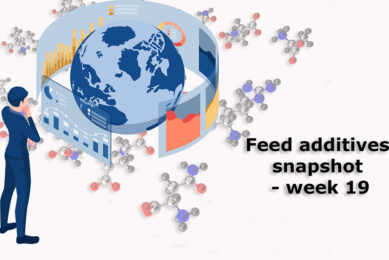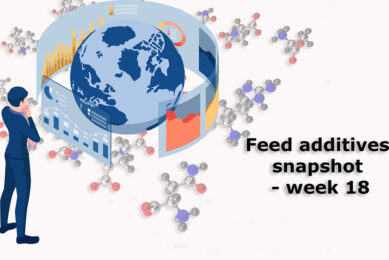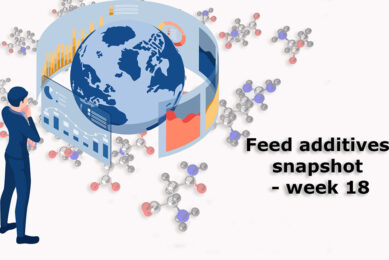Greece must return €425 million in farm subsidies
Some €425 million in Greek government subsidies to farmers were incompatible with EU law and will have to be returned, a European Commission spokesman said last week.
Details of precisely when the farmers must return the money will be decided after the Commission formally adopts a decision and publishes this in the EU’s Official Journal, the spokesman said.
He said it was not yet clear when this would be. "It’s up to Greece to decide how they will return it," he said, when asked if the nation would have to get the money back from its farmers.
Farmers obtained the aid after blocking highways for weeks at the beginning of 2009, shutting border crossings with Bulgaria and cutting the main roads from Athens to other cities. They were demanding tax rebates and subsidies to cope with the global economic downturn.
At the time the aid package was agreed, Greek news media questioned whether it would violate EU rules on state assistance and ridiculed the government’s failure to get authorisation from Brussels.
"There’s no problem with the European Union," then-Agriculture Minister Sotiris Hatzigakis said. "I’ve tried to reach the Commissioner. I couldn’t get her on the phone."
Declining agricultural sector
Greece’s farming sector is one of the EU’s biggest relative to the size of its national economy, accounting for about 3% of output.
But the sector has shrunk considerably over the past decade, and most of it consists of small-scale farmers who rely on EU subsidies and guaranteed minimum prices to survive.
Farmers, like the rest of Greece’s population, have been hard hit by what is expected to be the fifth consecutive year of economic contraction in 2012. Any attempt to recover the subsidies may anger them even further ahead of a general election expected in the first half of the year.










